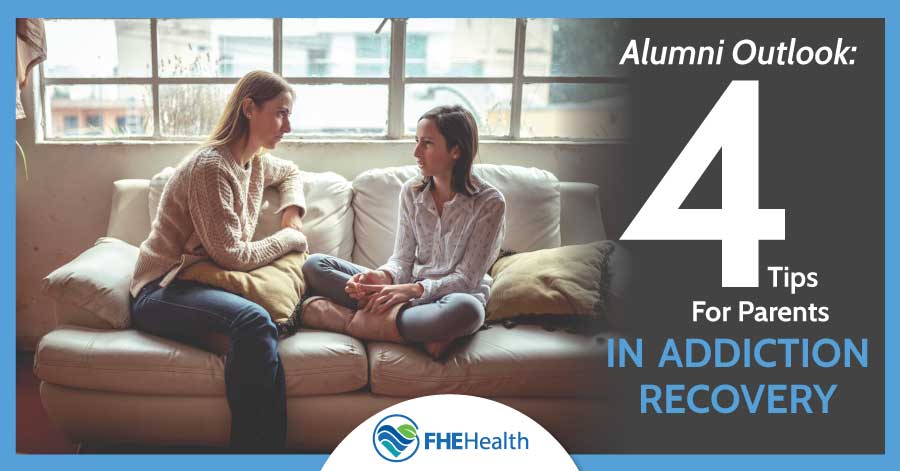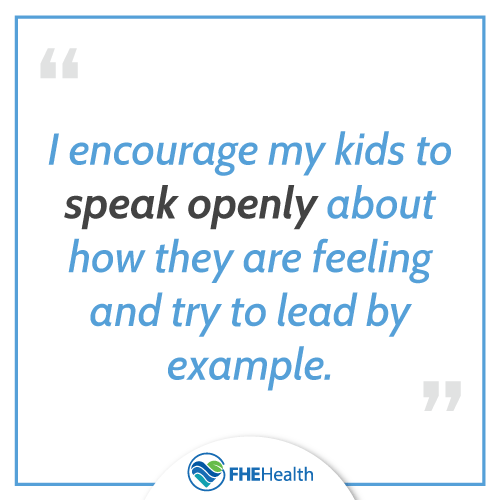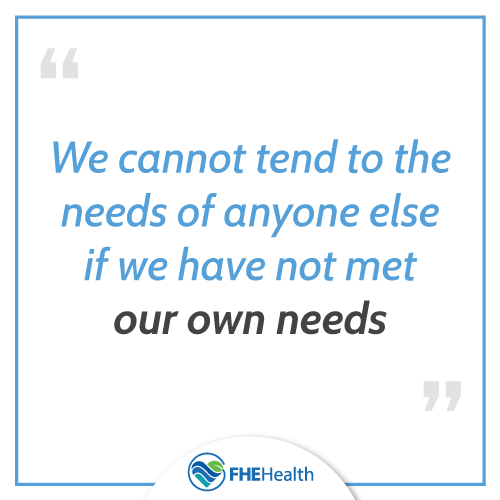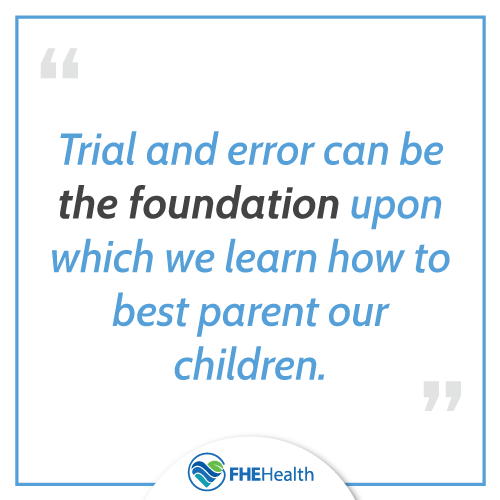
Of all the gifts that have come to fruition in my recovery, the ability to show up and be the best mother I can be is by far my favorite. When I think of the things I’m most grateful for, my kids instantly come to mind — talk about undeserving. Before getting sober, I was an absolute mess. I couldn’t take care of myself, much less another human. In active addiction, I truly believed I was the best mom. After all, my son had food, shelter, clothes, and went to Pre-K daily. I disguised my addiction by maintaining the appearance that life was great. The truth is, I was emotionally unavailable, lacking patience, irritable, restless, and completely discontent. I was so far away from being the mother my son deserved. I had a fractured sense of self, that spilled over into every area of my life… most specifically into my parenting.
Most of us carry on the legacy left behind by our parents — sometimes subconsciously. How many times have we said, “Oh I’ll never be like my parents’? As time passes, I am learning that my parents did the best they could with what they had. I’ve also learned that I can take the attributes and good parenting skills I’ve learned from my parents and leave the rest. Parenting, in sobriety, can be challenging and seemingly overwhelming. As we grow in our recovery, we can apply the principles we learned from the 12-Steps and apply the formula to our everyday lives. Here are 5 helpful tips for parents in recovery.
Honesty is the Best Policy
I was away from my son for almost a year before we reunited. I can only imagine the confusion and heartbreak he must have felt. Once he came to live with me, I made the decision to be ruthlessly honest with him. I’ll never forget the day I made amends to him and he divulged his memories of seeing me use along with expressing his frustrations that I abandoned him. I explained that I was sick and my absence had absolutely nothing to do with him. I also remember wanting to make sure he knew, despite genetic predispositions, he never has to take the same road I did.
Peeling back the layers of your less than favorable past is never easy. Admitting your shortcomings and diving into the painful memories of your past, with the little humans you value the most, can be terrifying. From my experience, honesty is the best policy. One of the most important things you can do is be honest with your child about the nature of the disease of addiction. Addiction affects our families the most. Our children are impressionable, and it’s essential that we educate them on the disease of addiction and explain why our recovery must come first.
Encourage Feelings and Promote Healthy Coping Skills

Our children are especially vulnerable and learn by example. It is important that we encourage open communication and teach our kids how to cope. Remind your children that “feelings are feelings, not facts.” As we learn how to self soothe and deal with our feelings n a healthy way, we get the opportunity to pass our newfound wisdom onto our children.
Practice Self Care

Be Present
I’ve learned that by showing up and being present, I get the opportunity to make living amends and reestablish trust with the most important people in my life. I spent too much time avoiding reality. Looking back, I missed so many opportunities and most importantly I wasn’t present for my son. We are the advocates for our children. I get to watch my son practice MMA. I actually enjoyed the first year of my daughter’s life.
How many of us can say we were emotionally available for our children, before getting sober? None of us can. The reality is we were driven by a thousand forms of fear, utter selfishness, and ravishing addiction. If we are honest, none of us were able to be present. In sobriety, we learn to be fully attentive and make time for our kids. Put your phone down. Ask your kids about their day. And most importantly, be present for all of the things you were never present for before.

The truth is, there’s no secret step-by-step guide for parenting nor is there a quick fix formula designed to help us raise our children. Trial and error can be the foundation upon which we learn how to best parent our children. Practicing mindfulness can help you find more patience and less judgment when dealing with your rambunctious children. We can learn to pause before responding, spend less time apologizing, and more time enjoying every second with our children. We get the opportunity to teach our children valuable lessons through addressing behaviors I deem to be inappropriate. We learn to pride ourselves on implementing a more loving and less condemning methodology. Through living in recovery, we get to show our children that we can always choose integrity, humility, and love.






